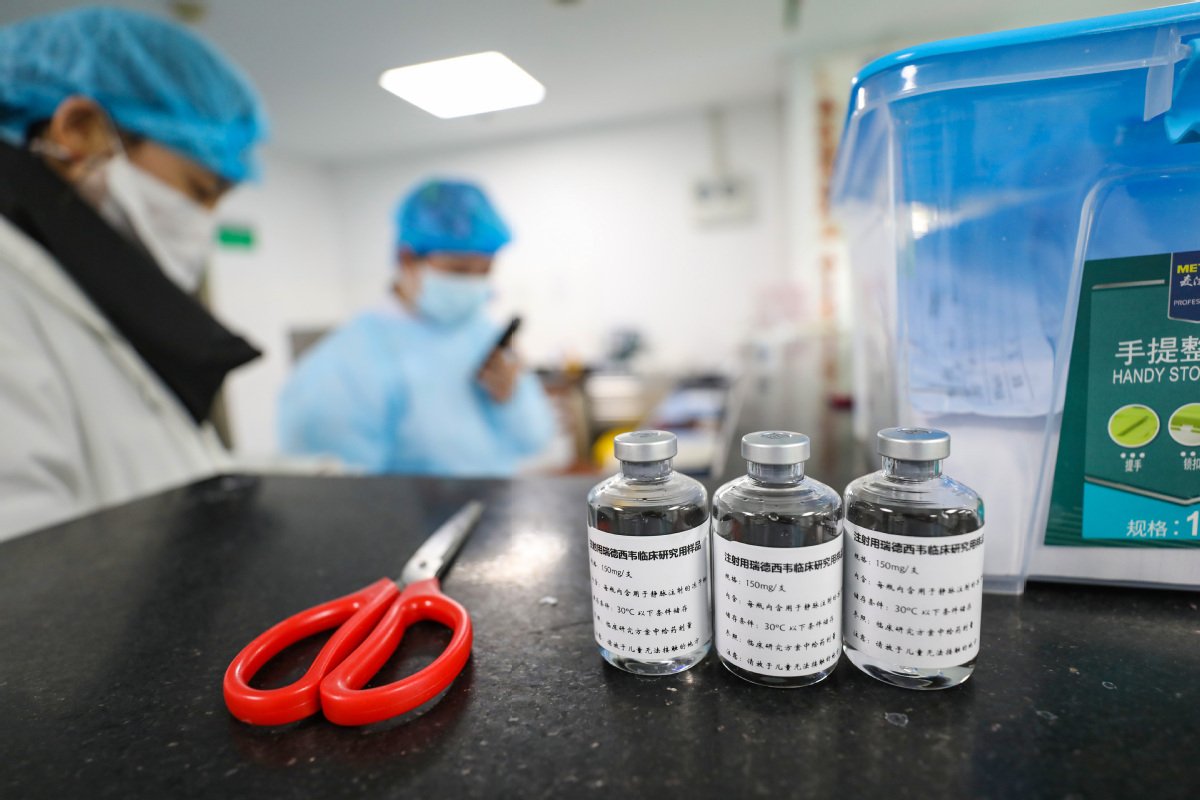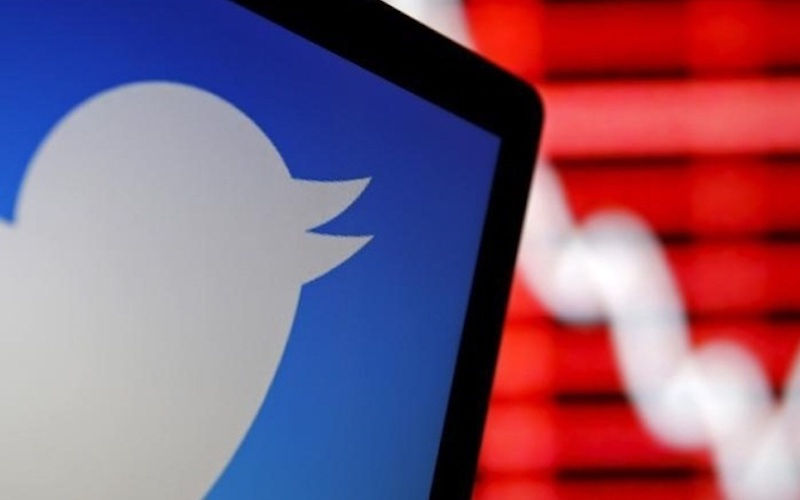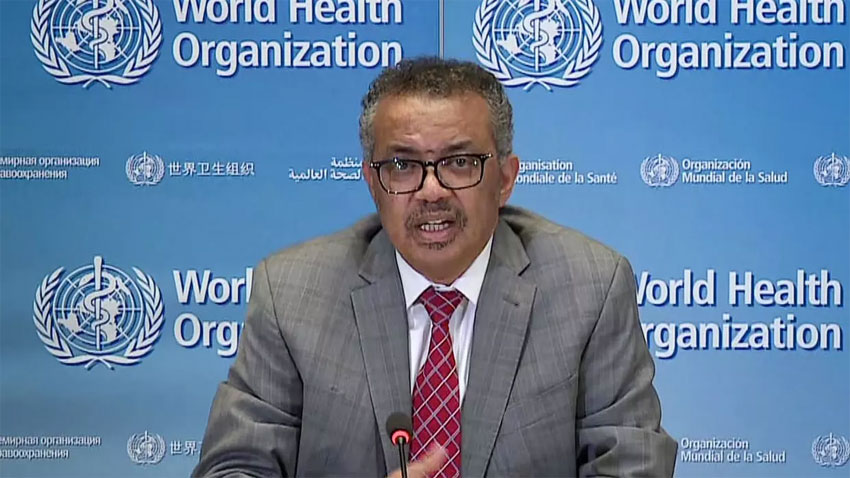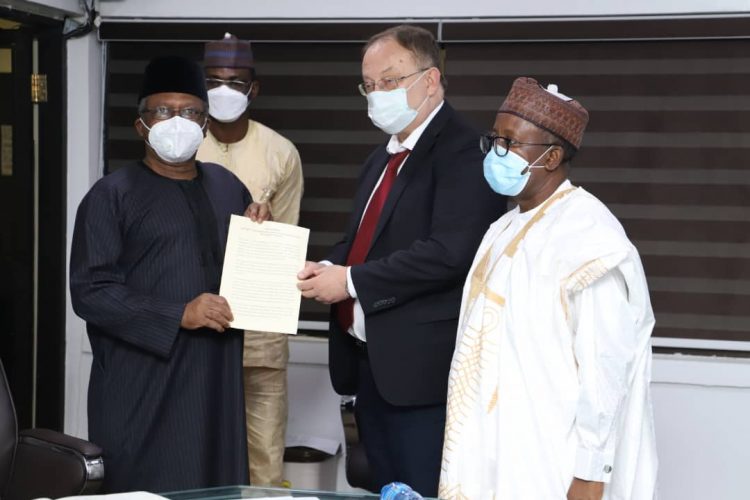The Nigeria Centre For Disease Control (NCDC) says in spite of announcements of discovery of vaccines to tackle novel coronavirus pandemic, mass production of the vaccines is still far.
The centre said that for the reason, Nigerians must continue to observe non-pharmaceutical measures against COVID-19.
The Director-General of NCDC, Dr Chikwe Ihekweazu, said at a media briefing of the Presidential Task Force (PTF) on COVID-19 on Monday in Abuja that Christmas carols and other gatherings which could spread the virus should be avoided this Christmas season.
Ihekweazu said: “As the year rounds off, we can take necessary actions now to make 2021 a hopeful and successful year and bring about a move back to the way of life that we miss so much.
“Before we get there, we have an intervening period, the month of December with the associated festivities that mark the end of the year.
“Many of the traditional meetings that we engage in at this time of the year, whether it is Christmas carols or festivals, trips or family gatherings, can end up being super spreader events.
“We must take this into consideration as we make our choices.”
He said that although there had been some encouraging news about COVID-19 vaccines, mass production of the vaccines might still take time.
“We are even very far from having one with a licence; so, we have to tighten our belts and get through this month of December.
“Everyone should be vigilant, disciplined and abide by the general protocols that we have advised throughout the year.
“This is the best way that we can keep our loved ones safe and transit safely into 2021.
“This is particularly important for the elderly in our country who we may want to go and visit as we do by this time of the year,” he said.
The NCDC boss said that a travel advisory had been issued by the NCDC, noting that it detailed why travels both locally and internationally must be avoided unless absolutely necessary.
He said : “The NCDC issues this public health advisory for all members of the public to increase awareness about the continued risks relating to the COVID-19 pandemic and the measures that need to be taken to prevent the spread of COVID-19 in the upcoming Christmas and New Year periods.
“Across the world, Christmas is a time for celebration and increase in religious and social gatherings.
“During Christmas and New Year celebrations, we recognise that people want to travel and be with families and friends.
“However, this has been a difficult year and the COVID-19 pandemic has disrupted our usual way of living; we all have to make adjustments in our lives to the new reality we are faced with.”
Ihekweazu said that Nigerians must continue to take necessary measures to limit the spread of COVID-19.
“Since the first confirmed case of COVID-19 in Nigeria, over 67,000 COVID-19 cases have been reported with over 1,000 deaths.
“Most of the confirmed cases and deaths have been in urban/semi-urban cities and towns, and the risk of spread remains.
“The COVID-19 virus do not spread on its own, it spreads when people move around.
“This means that by travelling across countries and cities, there is a higher risk of transmission, especially to rural areas where the existing health infrastructure is already weak.
“It is, therefore, advisable to limit all non-essential domestic and international travel. This is especially important for intending travellers from countries recording a high number of COVID-19 cases.”
He urged that the vulnerable groups – people aged 60 years and above and people with pre-existing medical conditions – should avoid non-essential outings and visitors.
According to him, NCDC advisory can be seen on https://covid19.ncdc.gov.ng/media/files/AdvisoryforVulnerableGroupsV2June2020.





